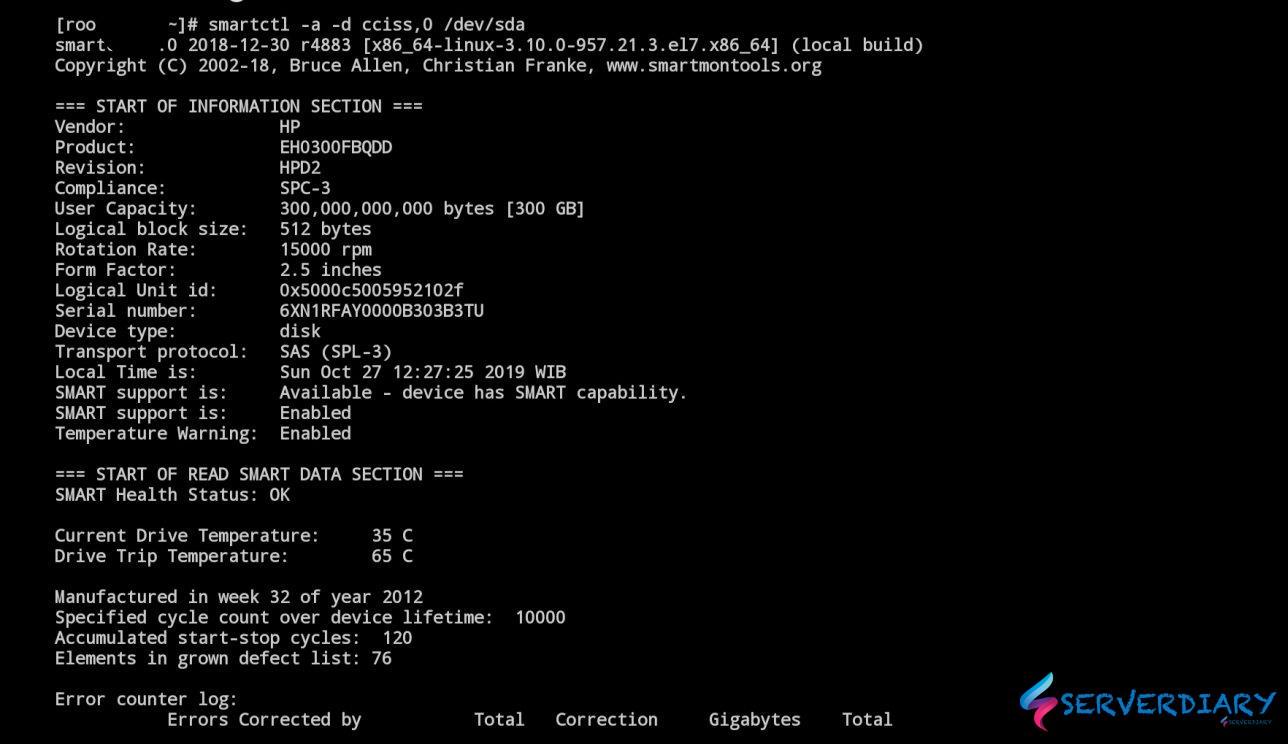

If Event ID 153 or Event ID 129 is logged, disk I/O timeout is the common cause because the storage controller can't handle the load. The miniport driver may also be referred to as an adapter driver or HBA driver, which is typically written by the hardware vendor. Event ID 153 is similar to Event ID 129, but the difference is that Event ID 129 is logged when the Storport driver times out a request to the disk, and Event ID 153 is logged when the Storport miniport driver times out a request.
#Disk health warning drivers
Update the multipathing drivers of device-specific modules (DSM).Įvent ID 153 indicates that there's an error with the storage subsystem. Update the Host Bud Adapter (HBA) drivers.

For example, RAID controller drivers or monolithic drivers. Update the SCSI port or the RAID controller drivers. Get in touch with the storage vendor to check the multipathing configuration. Uninstall any third-party disk managing software (for example, Diskeeper).Ĭontact the hardware vendor and run hardware diagnostics to avoid the possibility of any hardware issues. If the issue persists, try the following methods: Update third-party storage drivers or firmware. Run the chkdsk /f command on all volumes that the event is logged for. Remove the disks from the cluster and check the operating system level.

Run a storage validation to check if there are any storage-related errors. If the "chkdsk" utility doesn't fix the disk errors, perform a restore from a backup. The chkdsk /F /R command needs downtime because the disk won't be accessible.įor a volume whose file system is Resilient File System (ReFS), the disk corruption will be repaired automatically. The placeholder represents the drive letter.įor a volume whose file system is NTFS, run the chkdsk /f /r command if the volume is dirty.


 0 kommentar(er)
0 kommentar(er)
